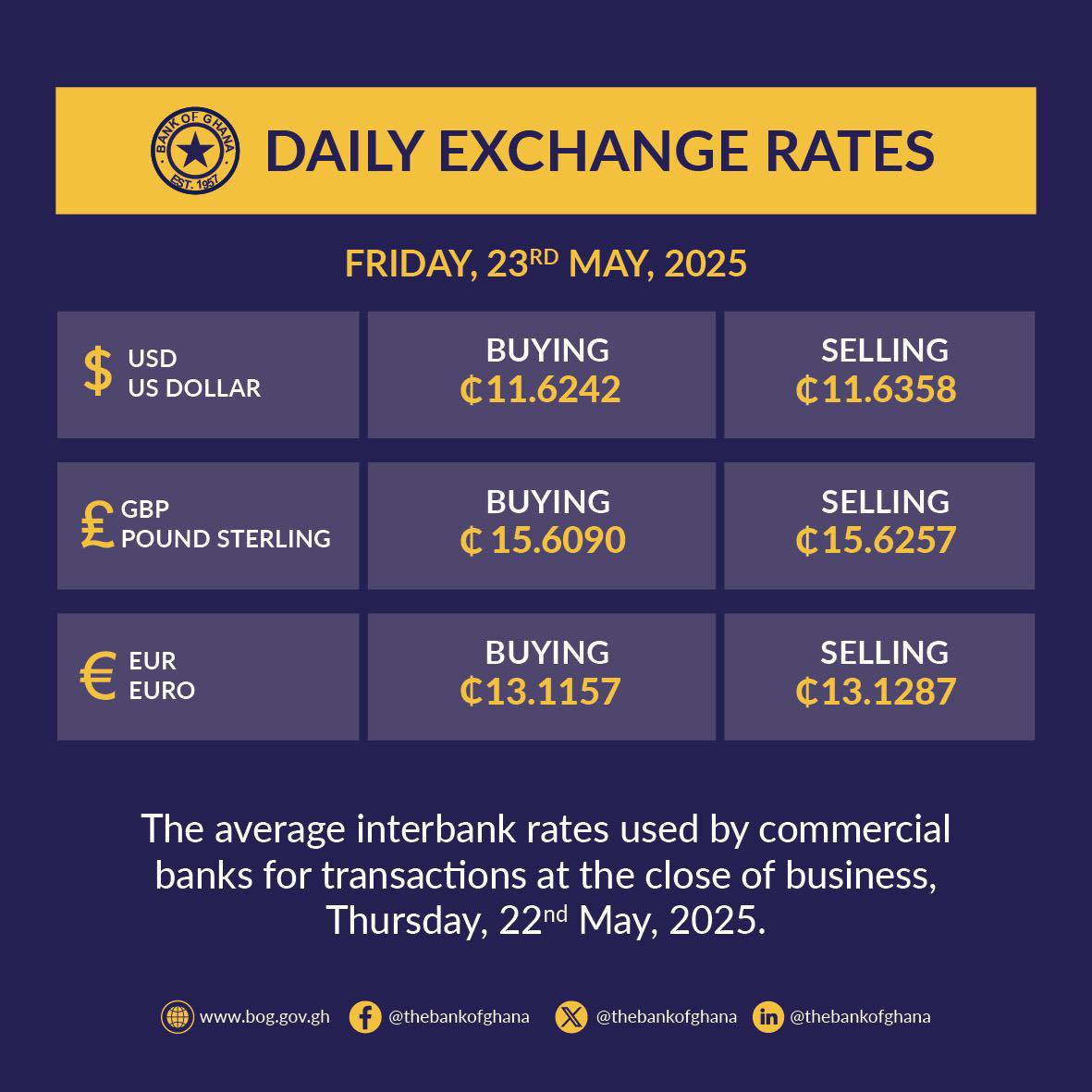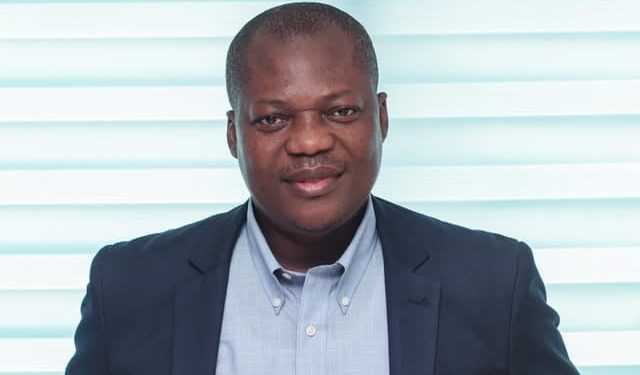The Bank of Ghana (BoG) is taking steps to introduce Islamic banking in the country, with Professor John Gatsi leading the charge.
Prof. Gatsi, Dean of the University of Cape Coast Business School and newly appointed advisor to the Monetary Policy Committee (MPC), is heading a team focused on establishing the necessary framework for Islamic finance in Ghana.
Islamic banking, which operates according to Shariah principles, prohibits interest and promotes ethical investing.
Speaking at the 124th MPC press briefing on Friday, May 24, BoG Governor Dr. Johnson Asiama confirmed the central bank has the internal capacity to support the initiative.
“Professor Gatsi is here to help drive this process,” Dr. Asiama stated. “Our head of banking supervision is already well-versed in Islamic finance.
Although the current Banking Act 930 (2016) allows for it, it lacks provisions for crucial elements such as the Sharia supervisory board. Prof. Gatsi’s team is working to close those gaps.”
Dr. Asiama said the Bank will consider issuing licenses once the foundational structures are ready, including governance and regulatory guidelines. The initiative goes beyond banking to include wider Islamic financing models.

Cedi Gains Set to Impact Prices
Also addressing inflation and currency appreciation, Dr. Asiama assured consumers that price reductions are expected in the near term, driven by the cedi’s strong performance and increased market competition.
“You have to understand that some goods were stocked at higher exchange rates,” he noted. “Price adjustments will follow, especially in a competitive market. We’re confident consumers will soon benefit.”
He added that the cedi’s appreciation, 24.1% against the US dollar year-to-date, is sustainable and market-driven, not artificially supported by the central bank’s reserves.
Strong Economic Outlook
The Governor highlighted other economic gains, including:
- 28% policy rate maintained to control inflation.
- Headline inflation falling over four consecutive months.
- $2.1 billion current account surplus in Q1 2025, mainly from higher cocoa and gold exports and strong remittance inflows.
- $10.7 billion in gross reserves, covering 4.7 months of imports.
- Positive inflation forecast, with easing expected into early 2026.
Dr. Asiama concluded that while inflation remains above the medium-term target, the current policy stance is necessary to consolidate stability.
Bank of Ghana ready to roll out Islamic banking – Dr. Asiama










